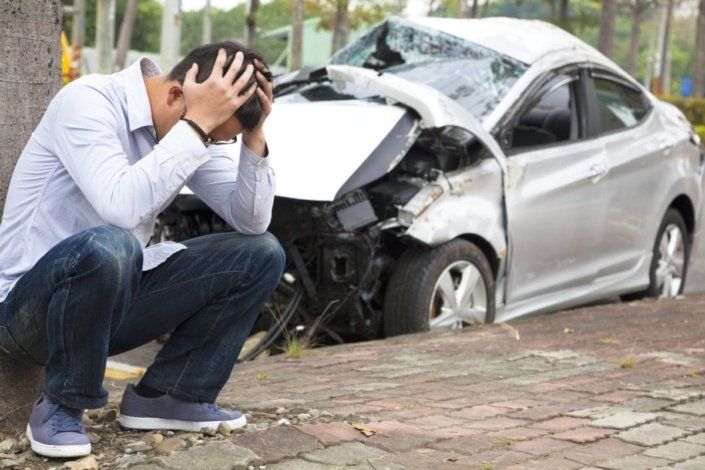Post-traumatic Stress Following a Traffic Accident
An incredible number of traffic accidents take place in america each year. If you’ve experienced an accident, you may have experienced a variety of feelings. These could possibly be during the accident and in the times following it. A few of these feelings might have integrated:
- shock
- difficulty believing it certainly occurred
- anger
- nervousness or be concerned
- fear or uneasiness
- guilt
Furthermore, you might continue over the incident in your thoughts. You might feel just like you can’t end great deal of thought.
Most people who’ve been in an incident involve some (or all) of the feelings. Sometimes these emotions could be so strong they maintain you from residing a normal lifestyle.
What’s the difference between normal emotions after a major accident and feelings which are too solid?
For many people that are in a traffic incident, the overwhelming feelings disappear completely as time passes. Sometimes those emotions don’t disappear completely or they become more powerful. They can change how you think and work. Strong feelings that stick with you for a long period and obtain in the form of everyday life are indications of post-traumatic stress. For those who have post-traumatic tension following a car accident, you might have a few of the following difficulties:
- A continuing, general sensation of uneasiness.
- Panic about traveling or riding in vehicles.
- Not attempting to have lab tests or processes completed.
- Irritability, or excessive get worried or anger.
- Nightmares or sleep problems.
- A sense that you’re not linked to other occasions or people.
- Continuous memories of the incident that you can’t cease or control.
Way to improved wellbeing
There are actions you can take to handle your feelings after a major accident.
- Speak to friends, relatives, or perhaps a counselor. Review the facts of the accident. Discuss how you thought, sensed, and acted during the incident and in the times after it.
- Stay active. Exercise usually. Be a part of actions that do not bother any accidental injuries you sustained through the accident. Your loved ones doctor will help you work out how much that can be done properly.
- Follow-up with your doctor. Your physician can provide you referrals to additional healthcare providers if necessary. They might monitor your recovery and recommend any medicine you might need. They can refer one to a mental medical adviser or therapist to assist you sort out your feelings.
- Make an effort to get back again to day to day activities and programs. Traffic incidents make some people restriction what they perform. It’s vital that you try to make contact with your usual routines. Even if you’re unpleasant or scared initially, it’s section of healing.
- Figure out how to be considered a defensive driver. Generating or riding in cars may be hard after the incident. You can decrease your risk of future mishaps or accidents by practicing defensive generating. Always drive carefully, use your chair belt, and steer clear of distractions while you’re traveling. These include eating, speaking on the telephone, or texting. Avoid generating when you’re tired. In no way drive when you have got alcohol or taken medications or medicines that influence your judgment.
Points to consider
Some risk elements can increase your potential for developing post-traumatic stress following a car accident. Included in these are:
- Encountering a prior traumatic occasion. This could consist of rape, assault, a terrorist attack, another car wreck, or perhaps a organic disaster.
- Being truly a very first responder to traumatic activities. This includes cops, firefighters, or rescue employees.
- Getting underlying depression, anxiousness, or another mental condition.
- If the function was life-threatening.
- If anyone was wounded in the incident.
- How much assistance you get following the accident.
Occasionally being in a vehicle accident can trigger stress and anxiety or depressive disorder. Call your loved ones doctor right away should you have the following symptoms.
